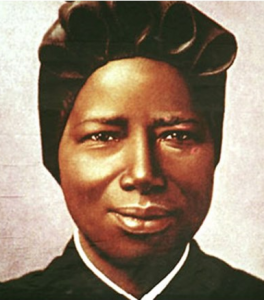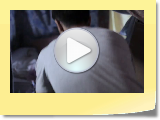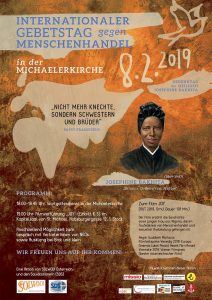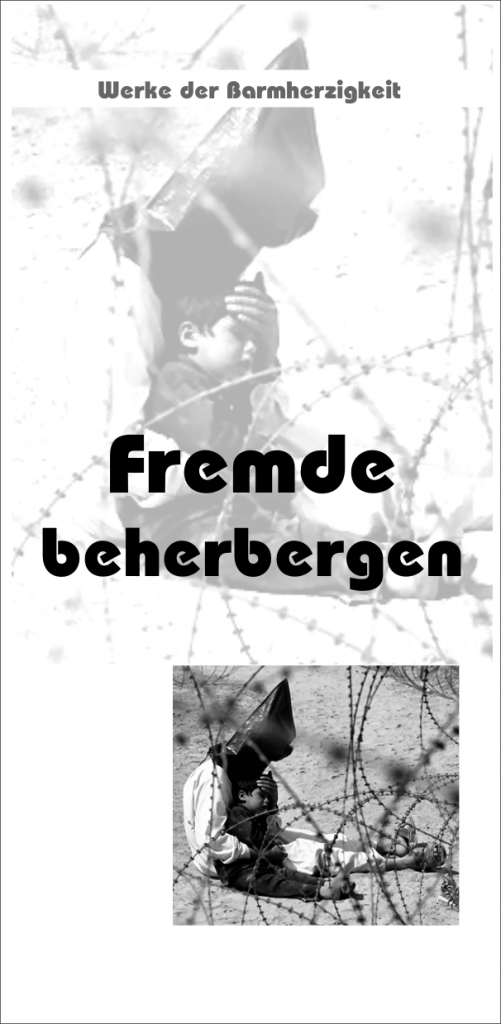
Das Wort Asyl stammt aus dem Griechischen. Es bezeichnet einen Zufluchtsort für Verfolgte, Notleidende und Schutzbedürftige. Menschen, die wegen ihrer Rasse, Religion oder Nationalität verfolgt werden, haben ein Recht auf Schutz – also ein Recht auf Asyl.
Menschen können aus verschiedenen Gründen gezwungen sein, ihre Heimat zu verlassen und werden so auf bestimmte Zeit oder auf Dauer zu Flüchtlingen. Oft sind diese Gründe Kriege, Verfolgung durch das Militär oder Behörden ihres eigenen Staates, schlechte wirtschaftliche Verhältnisse in ihren Heimatländern oder Naturkatastrophen, die ihr Land unbewohnbar machen. Doch auch aussichtslose Verhältnisse, um den eigenen Kindern eine lebenswerte Zukunft zu bieten, veranlassen viele Eltern, ihre Heimat aufzugeben. Weltweit sind etwa 60 Millionen Menschen auf der Flucht – Tendenz stark steigend.[1]
Vielfach hören wir heute das Schlagwort bzw. die Abqualifizierung: … das sind ja alles Wirtschaftsflüchtlinge!“ Dieses wird oft vorschnell abgegeben, weil die Angst vor „dem Fremden“ und den damit möglicher Weise verbundenen Unannehmlichkeiten um sich greift. Doch damit wird kein Problem gelöst und es hilft den Betroffenen nicht. Auch werden diese sich deshalb nicht von ihrem Kommen abhalten lassen.
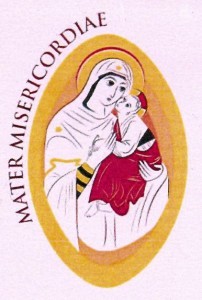 Um in Europa Asyl beantragen zu können, müssen Flüchtlinge erst einmal bis dorthin kommen. Gar nicht so einfach – denn um hier einreisen zu können, braucht man eigentlich ein Visum. Das zu kriegen ist sehr, sehr schwer und manchmal auch gefährlich. Deswegen versuchen viele auf illegalen Wegen nach Europa einzureisen. Denn die europäischen Länder versuchen, möglichst wenige Fremde ins Land zu lassen. Aus diesem Grund wenden sich die Flüchtlinge an so genannte Schlepper, die ihnen helfen sollen, ins Land zu kommen. Damit kommen sie nicht selten in die Fänge von Menschenhändlern, von denen sie dann weiter ausgebeutet werden, denn die Preise für die Schleppung sind nicht gerade als moderat einzustufen. Die Flucht selbst geschieht oft unter Lebensgefahr und zusätzlich sind die Fliehenden dabei der Willkür dieser Menschenschmuggler ausgeliefert. Besonders betroffen Frauen und Kinder!
Um in Europa Asyl beantragen zu können, müssen Flüchtlinge erst einmal bis dorthin kommen. Gar nicht so einfach – denn um hier einreisen zu können, braucht man eigentlich ein Visum. Das zu kriegen ist sehr, sehr schwer und manchmal auch gefährlich. Deswegen versuchen viele auf illegalen Wegen nach Europa einzureisen. Denn die europäischen Länder versuchen, möglichst wenige Fremde ins Land zu lassen. Aus diesem Grund wenden sich die Flüchtlinge an so genannte Schlepper, die ihnen helfen sollen, ins Land zu kommen. Damit kommen sie nicht selten in die Fänge von Menschenhändlern, von denen sie dann weiter ausgebeutet werden, denn die Preise für die Schleppung sind nicht gerade als moderat einzustufen. Die Flucht selbst geschieht oft unter Lebensgefahr und zusätzlich sind die Fliehenden dabei der Willkür dieser Menschenschmuggler ausgeliefert. Besonders betroffen Frauen und Kinder!
Und bitte nicht vergessen: Niemand der halbwegs sein Auslangen und Perspektiven für die nachfolgende Generation zu Hause hat, wird dieses aus Jux und Tollerei verlassen und sich unter Lebensgefahr in eine ungewisse Zukunft und ein fremdes Umfeld aufmachen!
[1] Quelle: UNHCR Bericht 2015







